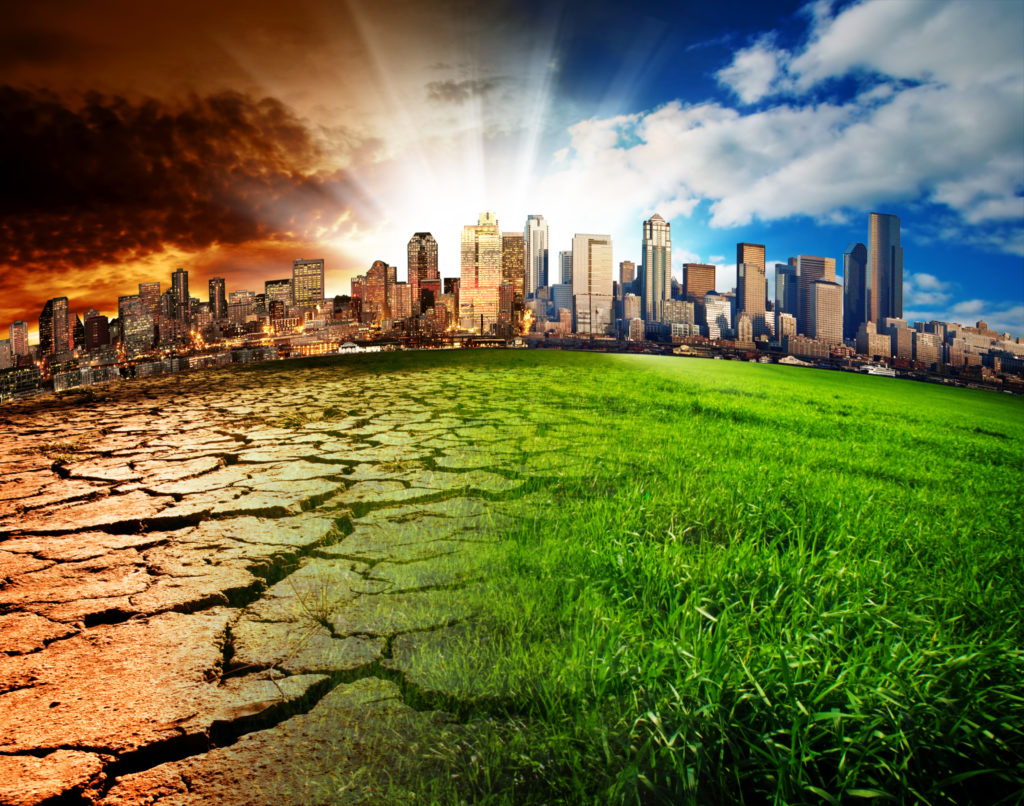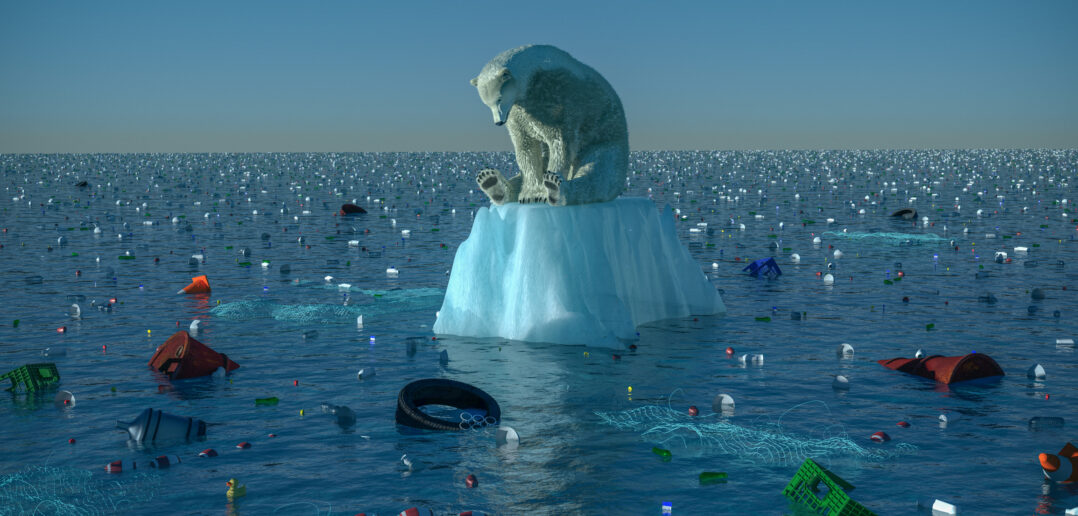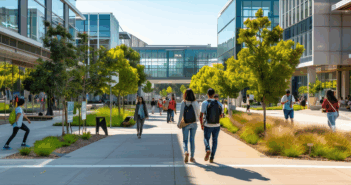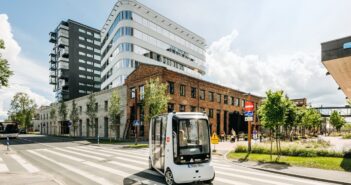While it is doubtful that humans will reverse environmental contamination sufficiently to prevent sea level rise wiping out many coastal areas, the loss of habitat for polar bears and dying coral reefs and fewer fish, while key west and many Pacific island countries slowly disappear, there are some real estate and industries that will benefit from climate change. 
Here are a few of those:
- Farm land in Canada, Russia, Sweden, Norway, Finland, and Greenland will be more productive with longer growing seasons.
- Warehousing destinations in areas that were seldom ice free will become navigable. For example, Maersk just launched an artic route along Russia’s north coast that might become an alternative to the Suez Canal.[1] This will create demand for northern warehouse distribution hubs, from Canada to Eastern Europe.
- Recent evidence suggests that many buildings can withstand category 4 and 5 hurricanes if they are built stronger, on stilts and with more energy independence, they become safe enough to maintain waterfront living. With increased building code requirements, contractors that embrace new designs and materials will do well in areas that are only periodically flooded at least for a few decades. There is also a lot of money to be made constructing sea walls and emergency housing. Think of AirBNB abodes for riding out storms.
- Urban farming will flourish as our fresh water reserves near coasts become contaminated by salt water. Urban factory style farms use only 5% or so of the water required by regular farms, don’t need any pesticides and produce 20 times more food in the same amount of surface space, allowing for reduced delivery costs.
- Contamination of fresh water and less water in reservoirs will spur industries that collect water from the air, roofs, fog as well as desalinization
- Weather impervious transit will become viable such as the Hyperloop that travels underground independent of storms and wind. States and countries that embrace such technology and accommodate it will have stronger economies.
- Renewable energy integrated systems with batteries for energy storage (biomass, wind, solar, tidal change capture) to support on site demand will increase as shipping and fossil fuel production is disrupted more often, making local self-reliance more valuable.
- Increased heat, alternating with heavy rain, will create drier vegetation primed for larger and more frequent fires spurring demand for more fire suppression industries not to mention fire fighters and monitoring stations.
- More physicians and nurse practitioners will be needed to deal with heat stress, exhaustion, and strokes that are correlated with higher average temperatures.
- New green products and services and 3D manufacturing will increase as we face more disruptions in long distance supply chains.
Conclusions
Humans are unlikely to limit emissions in time to mitigate the inevitable climate change and sea level rise that is now starting to more frequently affect how we live and work, but there is always a silver lining for someone. Creative thinkers will see a world of opportunity out there as some of us bemoan the loss fresh water, nice sandy beaches and polar bears.
[1] https://www.independent.co.uk/environment/maersk-ship-arctic-route-launch-global-warming-climate-change-a8500966.html



